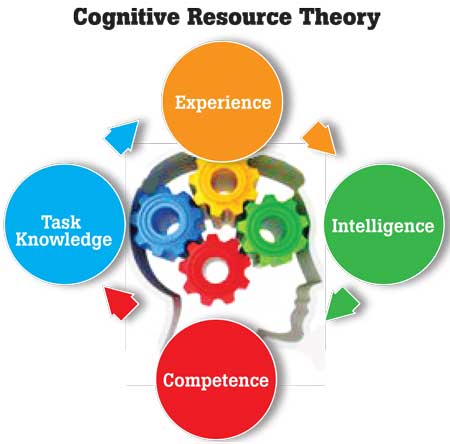Reply To:
Name - Reply Comment
Last Updated : 2024-04-24 09:57:00
.jpg)
 factors confirm why there is no ideal leader profile, because every situation is different and the leaders are required to deal with various situations under different stress levels.
factors confirm why there is no ideal leader profile, because every situation is different and the leaders are required to deal with various situations under different stress levels. .jpg) struct and guide. An intelligent leader provides intellectual effort in planning, rationalizing, strategizing and decision-making to realize business objectives. He seeks support from team members and depending on the level of work stress and his relationship with his team members, decides how efficiently he will be able to deal with a situation.
struct and guide. An intelligent leader provides intellectual effort in planning, rationalizing, strategizing and decision-making to realize business objectives. He seeks support from team members and depending on the level of work stress and his relationship with his team members, decides how efficiently he will be able to deal with a situation..jpg)

Add comment
Comments will be edited (grammar, spelling and slang) and authorized at the discretion of Daily Mirror online. The website also has the right not to publish selected comments.
Reply To:
Name - Reply Comment
US authorities are currently reviewing the manifest of every cargo aboard MV
On March 26, a couple arriving from Thailand was arrested with 88 live animal
According to villagers from Naula-Moragolla out of 105 families 80 can afford
Is the situation in Sri Lanka so grim that locals harbour hope that they coul